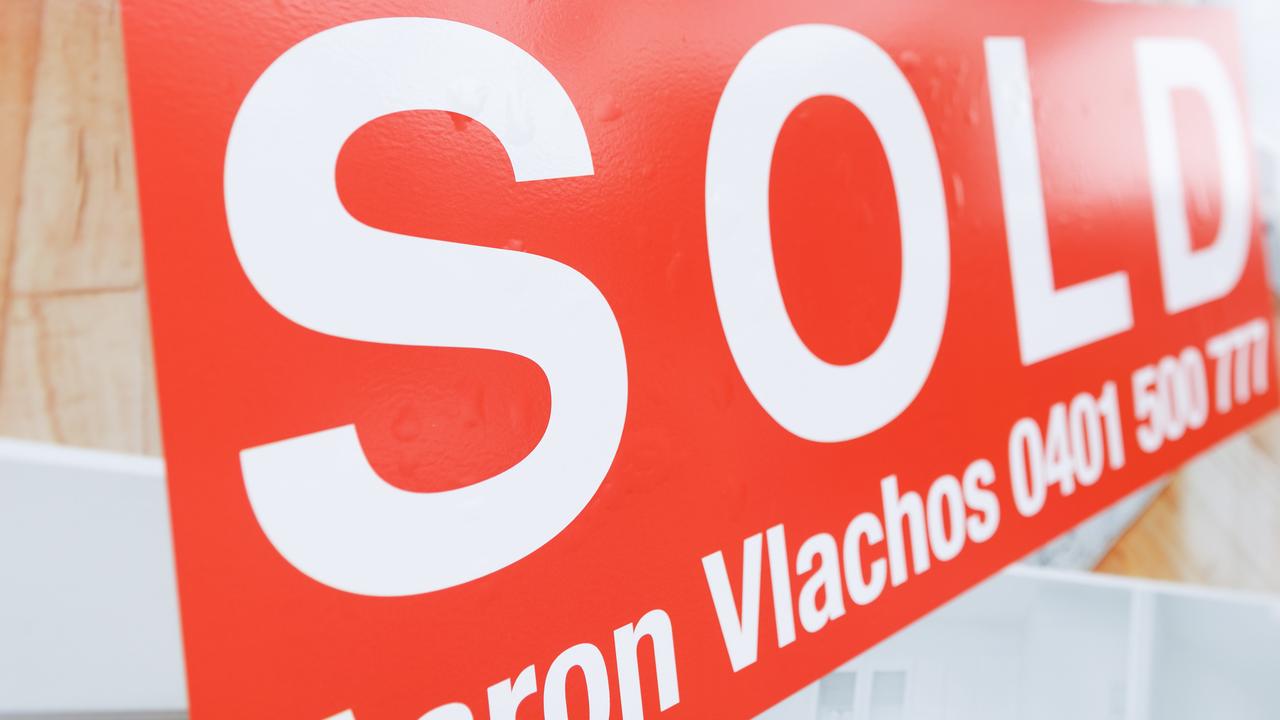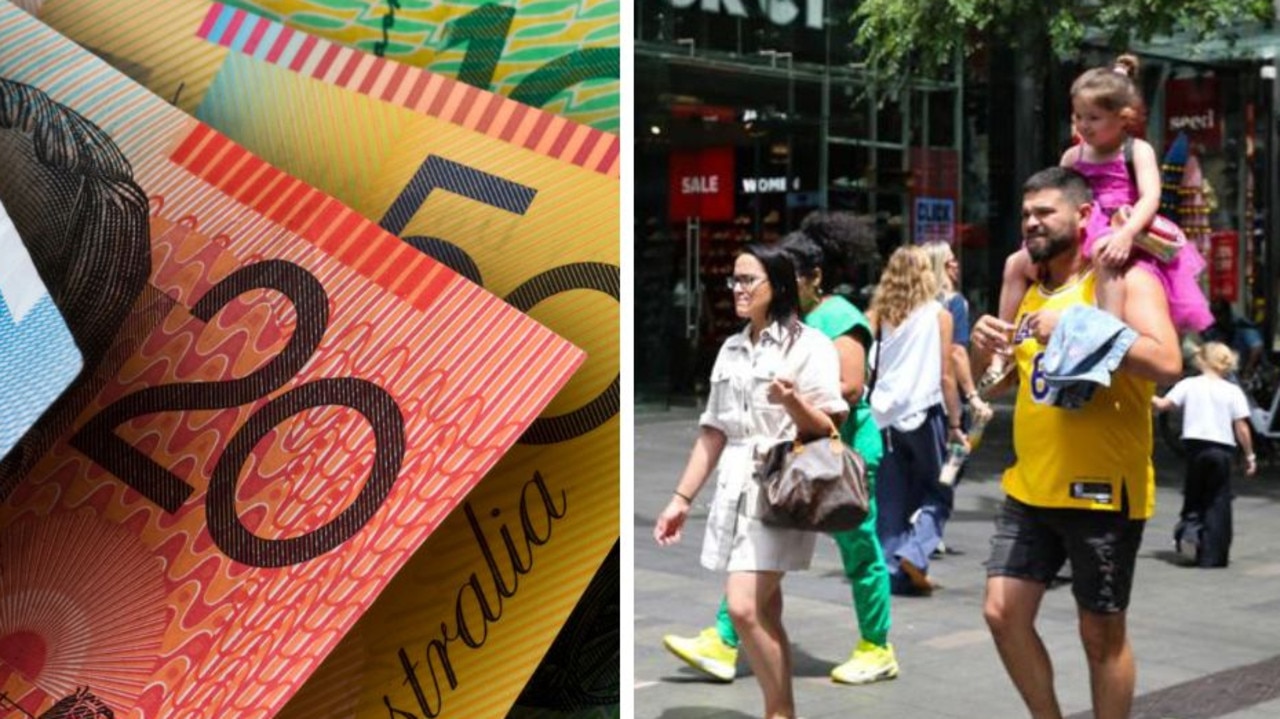Rate rise: One's not enough
THE near-certain interest rate rise to be delivered today by the Reserve Bank is being forecast as being too small to stem inflation.
THE near-certain interest rate rise to be delivered today by the Reserve Bank is being forecast by the financial markets as being too small to stem the growing problem of inflation.
Futures market trading has priced an 86 per cent likelihood that the cash rate will be raised to 7 per cent - the highest level since 1996.
The 25-basis-point interest rate rise - the sixth in two years - will be ordered after underlying inflation hit 3.6 per cent in the December quarter.
Economists believe the shock inflation number will take priority over the current financial market turbulence and the approaching US recession in the RBA's deliberations.
For the first time, the RBA will announce its decision at 2.30pm, after casting off the tradition of waiting until the next day.
Some economists have said there might be a slight chance that the RBA could order a 50basis point rise, but most believe successive increases in February and March are more likely.
"Even with a 25-basis-point hike, there is still an argument for another hike at the next meeting," said Ian Copsey, a senior analyst with GFT Forex in Tokyo.
ANZ senior interest rate strategist Sally Auld said the recent data, particularly on inflation, showed that a double rate rise could be needed to slow the powering Australian economy.
"There's been suggestions that they could go up by 50 basis points, but the market hasn't been pricing that in," she said.
"Going back-to-back, the market is starting to think that could be a chance.
"There's more chance they will go by 50 than do nothing."
Ms Auld said the yields on the front-end of the short-term bond market in Australia would rally once rates were raised.
The 90-day bank bill yield has soared to 7.43 per cent, but analysts said the rise was the result of interbank contracts selling off and not liquidity concerns.
TD Securities senior strategist Joshua Williamson said it would be a tough call for the RBA to increase by 50 basis points when most economists were now saying that the tightening cycle was almost at a peak.
The greatest threat to the RBA moving again in March is seen as the next set of wages data due on February 21, which will chart whether wage inflation is building further.
"I think the 25 basis point move is a done deal, and there's nothing to rule out 50 or 25 now and 25 in March, if they are concerned about the inflation pulse," Mr Williamson said.
"That would take the market by surprise because everyone has become used to gradual moves - getting 25 basis points and then having the RBA wait to see the impacts and the data."
The statement that will be released if rates aremoved is expected to be hawkish and guide themarket that a March movement was under consideration.
The predicted increase today will take the standard variable rate close to 9 per cent, after the rush of retail banks to raise lending rates as a result of the sub-prime crisis.
Opposition Treasury spokesman Malcolm Turnbull said there was a case, based on the global economic scenario, that gave the RBA room to hold for a month.
"I can't say it is a fait accompli. I have to say that most economists believe it will happen and the market certainly expects it to happen," Mr Turnbull said said.
"I have said before and I will repeat again that I think there are powerful reasons for the Reserve Bank to hold its hand at this meeting.
"There is a lot going on in the international markets and we have inflation running at around that 3 per cent mark at the moment in Australia."
Hubb Financial's head of fundamental analysis Julia Lee said stock market investors had factored in the likely rise, which was evident yesterday when the banks were sold off.
The Australian share market rallied solidly early, but weakened into the afternoon, with retail banks particularly hard hit.
"Interest rates going up are a negative for stock markets, because companies are net borrowers of money and higher rates make it harder for them to grow their profits," Ms Lee said.
"Rates also impact that value of the dollar and that makes it hard for Australian businesses with revenue from offshore."
Ms Lee said a 25-basis-point rise in interest rates usually cost the retail banks 15 basis points off their profit margins.



